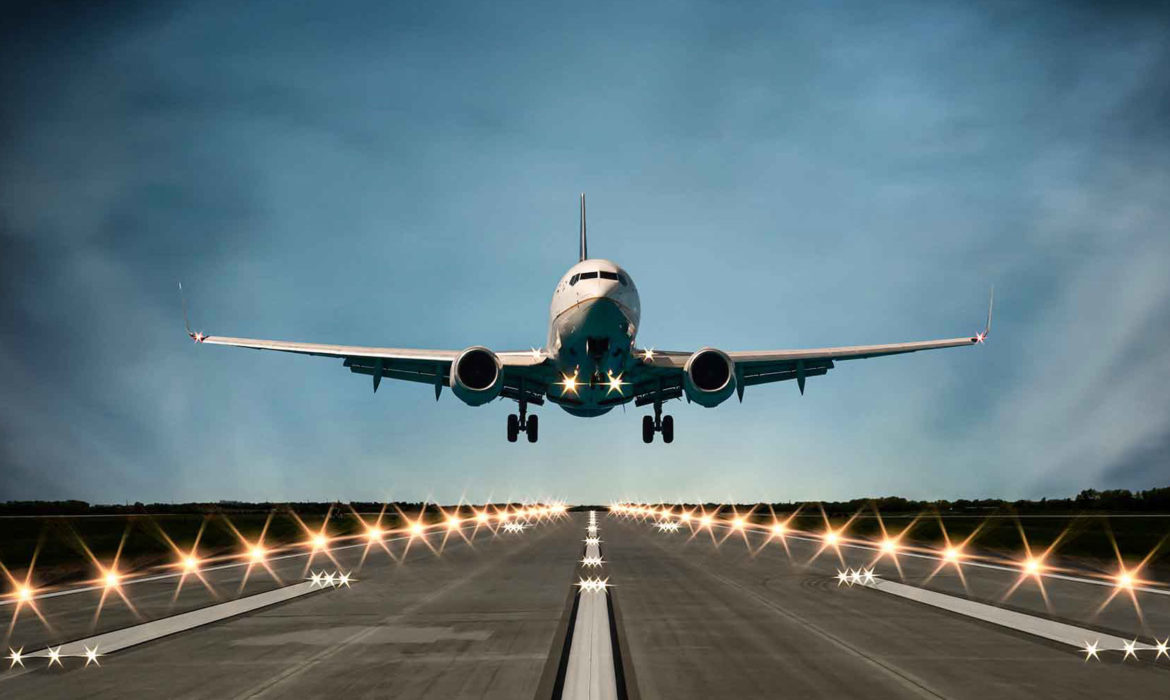
Building supply chain agility is now more critical than ever
The pandemic has provided a reminder of just how unpredictable patterns of supply and demand can be. Customers now expect a rapid, demand-driven approach to order fulfilment.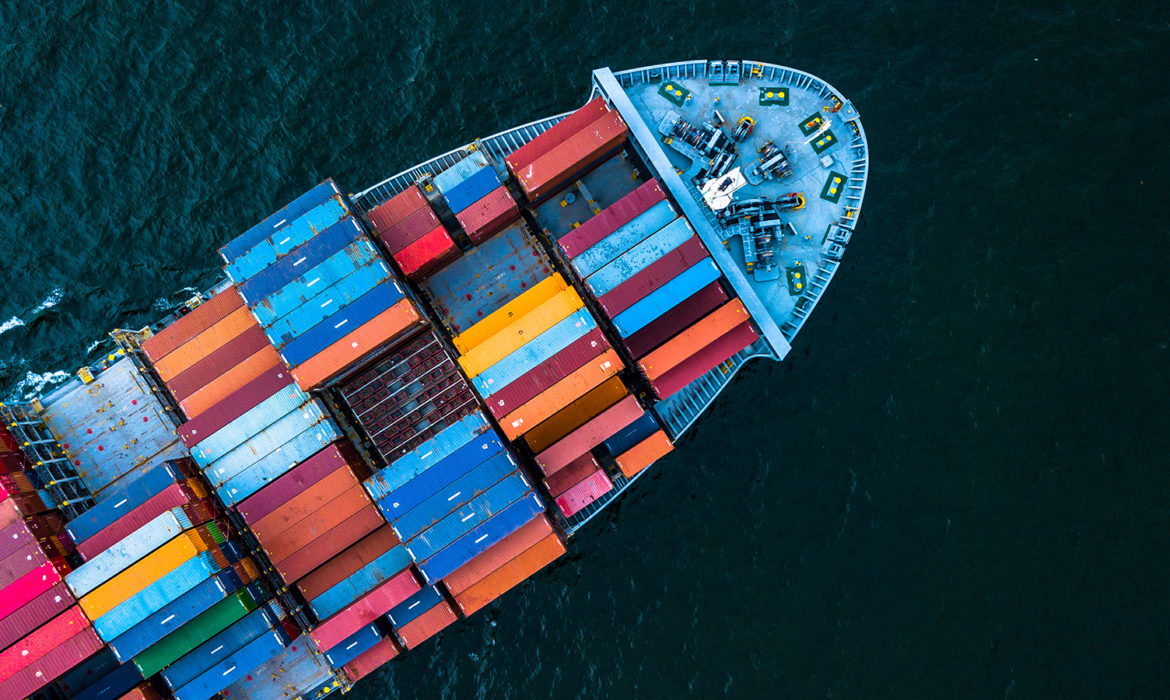
Robust, ongoing supply chain assessment is a critical underpin to strategic decision-making
Justin Benson discusses the importance of ongoing supply chain assessment, highlights some of the challenges involved and outlines how businesses can look to do this effectively.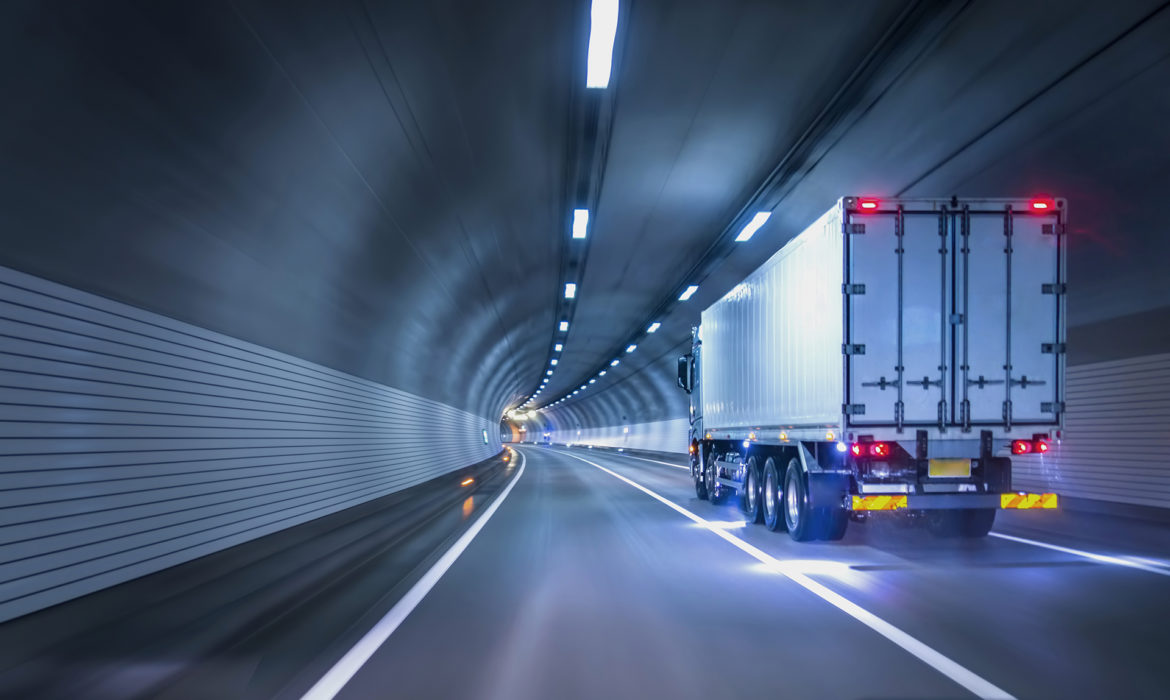
Supply chain challenges emerging from the pandemic and how to build resilience
In this video, we explore the supply chain challenges emerging from the pandemic and how businesses can build resilience into their operations.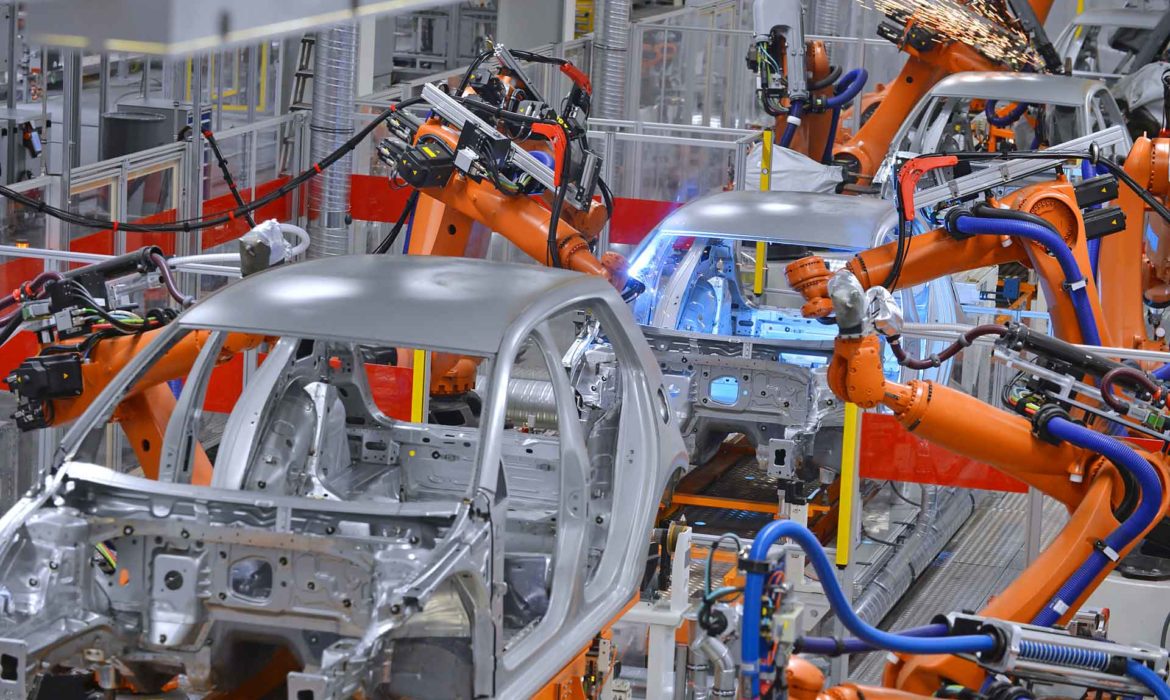
Baking in value on the road to industrialisation
Inspirational examples of innovation in response to shifts in market demand have been a stand-out feature of the past year, with many manufacturers pivoting to focus on revenue generation during the pandemic
How publishers can improve efficiency without collateral damage
When not approached properly, content cost reduction can lead to collateral damage in the form of lower-quality content. Now more than ever, this needs to be avoided.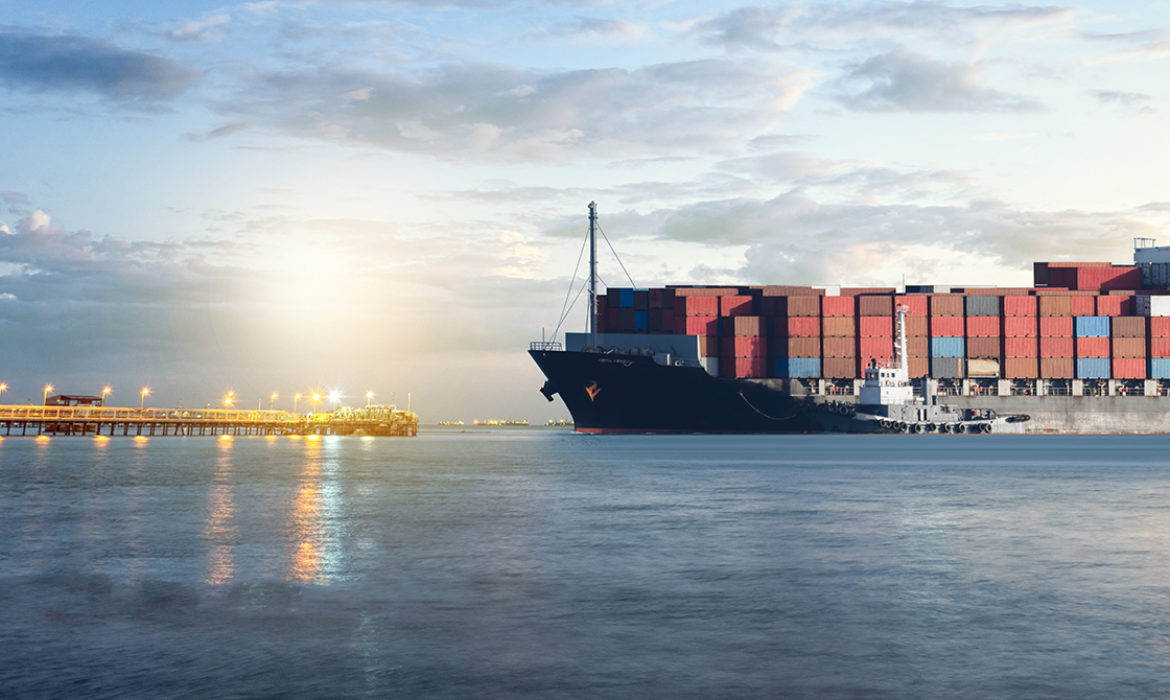
Prioritising supply chain resilience is key to recovery
Many manufacturers have faced significant supply chain disruption over the past year. By focusing on improving supply chain resilience there is an opportunity for OEMs to position themselves for growth and profits.
Will 2021 be the year supply problems hit car manufacturing?
A shortage of semiconductors resulting from the Covid-19 pandemic could be a watershed moment for automotive OEMs who are willing to adapt to the situation.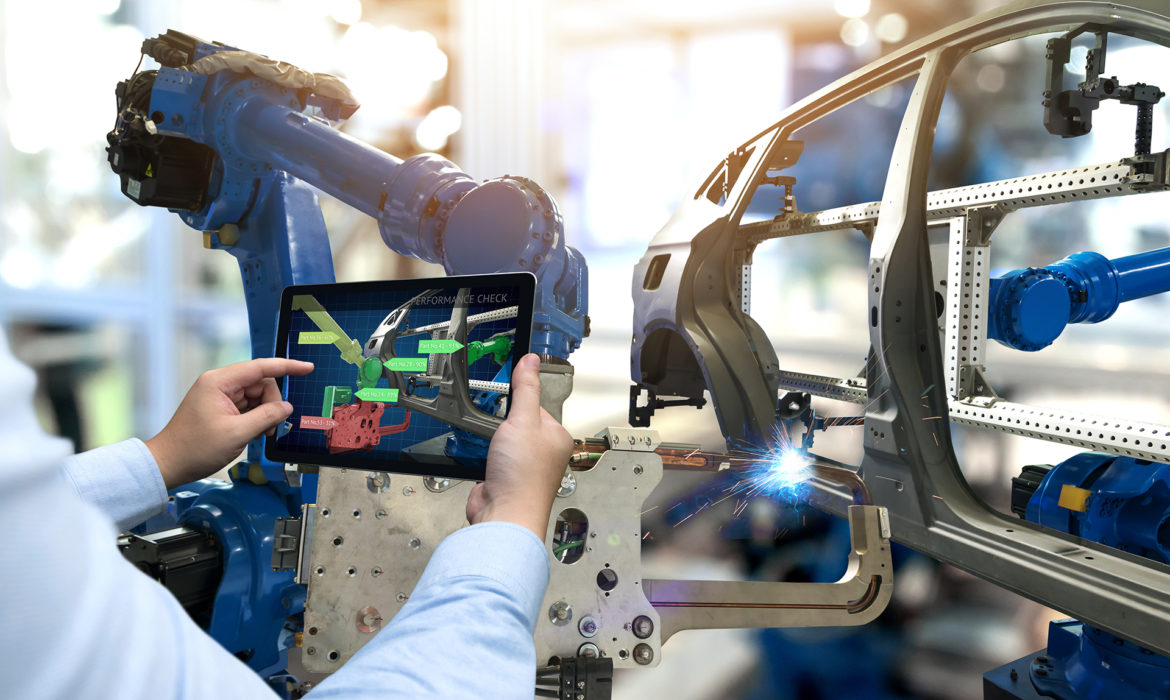
Playing the automation advantage
Rather than stalling strategic investments in automation and digital technologies in order to control costs, some high-value manufacturers are accelerating such plans in a bid to gain market share or drive additional enterprise value in recovery.
What’s changed for global supply chain strategy?
But with the prospect of COVID-19 vaccines in the pipeline, are supply chain and procurement managers preparing to press the reset button, or have global supply chain strategies changed for good?